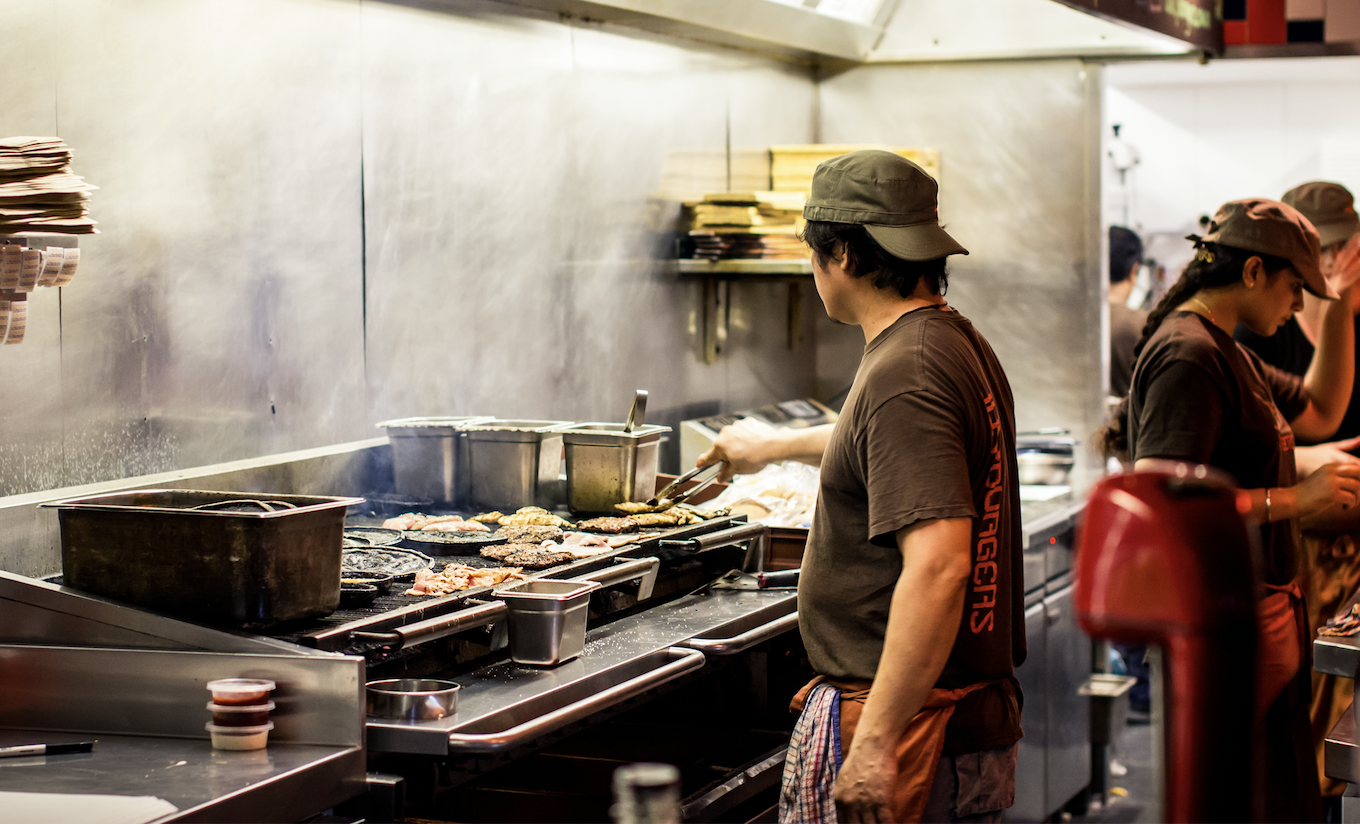The majority of Canadian inmates will be released eventually. When they re-enter society, most will struggle finding work. In this series, rabble.ca looks at some of the barriers people face finding employment after release, and what can be done to help them secure work.
Ashley Benio’s life has changed dramatically since she left the Edmonton Federal Institute for Women in 2015. She’s worked in landscaping and fast food restaurants; she’s completed an apprenticeship. She is mother to five children, giving birth to a son this past fall .
But job applications make her nervous, despite having not re-offended since her release. Reading that many positions require candidates to have a clean criminal record makes her feel inadequate, she said. She can’t change the gaps in her resume caused by spending much of her 20s in and out of custody. She knows she’s a hard worker — “I bust my butt off” — she said, but she also realizes her current work can’t change the “extensive” criminal record that’s in her past.
Benio is determined to not let it control her future. “It doesn’t signify who I am anymore,” she said. “It’s what changed me, and it’s made me who I am today. I made a bunch of mistakes in the past, and then I moved forward from there.”
For Benio, this means sharing her story with others. Earlier this year, she agreed to be featured as part of the Calgary John Howard Society’s “I Am More Than My Criminal Record” campaign. The social media initiative, launched in March, profiles people who have criminal records. The stories’ titles don’t include names. Instead, individuals are identified by character qualities — “I am resilient” reads one; “I am caring” another. Others include jobs: “tradesman,” “heavy equipment operator,” or “volunteer.” Many describe themselves through family relationships, in Benio’s case, “I am a mom.”
The campaign’s mission is simple: to help society at large, including prospective employers, see the people beyond their record. The goal is to increase empathy for people who have criminal records and decrease the stigma having a record creates, said Cristina Amaro Benzaquen, who works in the Pathway to Employment program at John Howard Society of Calgary. She and her colleagues often see individuals who struggle to get jobs because of their criminal record. When the recession forced more people into the job hunt, criminal records made an already difficult task more challenging.
The response has been fairly positive, said Amaro Benzaquen. Participants have said publically sharing the positive parts of their life has empowered them. People have told the organization the stories have made them understand more about why people commit crimes. Amaro Benzaquen said they’ve heard from inmates who have learned about the project, and found it encouraging.
They’re going to need that encouragement when they’re released.
The Alberta Human Rights Act does not prohibit discrimination on the basis of having a criminal record.
Benio said she’s been asked a few times in interviews if she has a record. She said employers appreciate her honesty when she tells them she does have one, but she’s careful to not disclose more information than what’s needed. She said one employer let her go after they found out about the record, saying it was company policy that no one with a criminal record could work for them. The company hadn’t completed the full hiring process when she accepted the job, she said. That was “devastating” Benio said — she’d been picking up extra shifts and was in line to take on greater responsibilities. She’s gotten many jobs through personal referrals. Networking can often be an easier way for people with records to find work instead of going through an interview process.
“That’s sad,” she said. “There’s people who are looking for jobs, and they don’t get a chance because they have a criminal record.”
The challenges don’t end once the employment starts. Benio said her record makes her work harder. She doesn’t want to return to crime or drugs. She’d started preparing for change when she was still incarcerated by helping with Indigenous ceremonies, although she’s not Indigenous herself, and working in the jail as a janitor. “I’m not going to give up everything I worked for and be a disappointment to my family just to make easy money.”
Having a criminal record makes her more empathetic towards others, she said. But it also can make her hard on herself. She’s diligent to avoid mistakes, especially with money, knowing people may assume she’s responsible if cash goes missing. The fear of what people will think about her if they find out about her record is like a “stigma against myself,” she said. She worries about people’s assumptions about her, even if they don’t know about her past. She’s learned who she can share this part of her life with, and who she can’t.
“It’s hard to keep up that mask of being someone that you’re not.”
Benio’s committed to honesty. She explains her criminal past to her children, knowing that telling the truth can strengthen their relationship. She wants to motivate youth, or others with criminal records, to encourage them.
“You’re not a failure if you have a criminal record,” she said. “You can still make it in life.”
Meagan Gillmore is rabble.ca‘s labour reporter.
Photo: Daniel Lee/Flicker
Like this article? rabble is reader-supported journalism.




